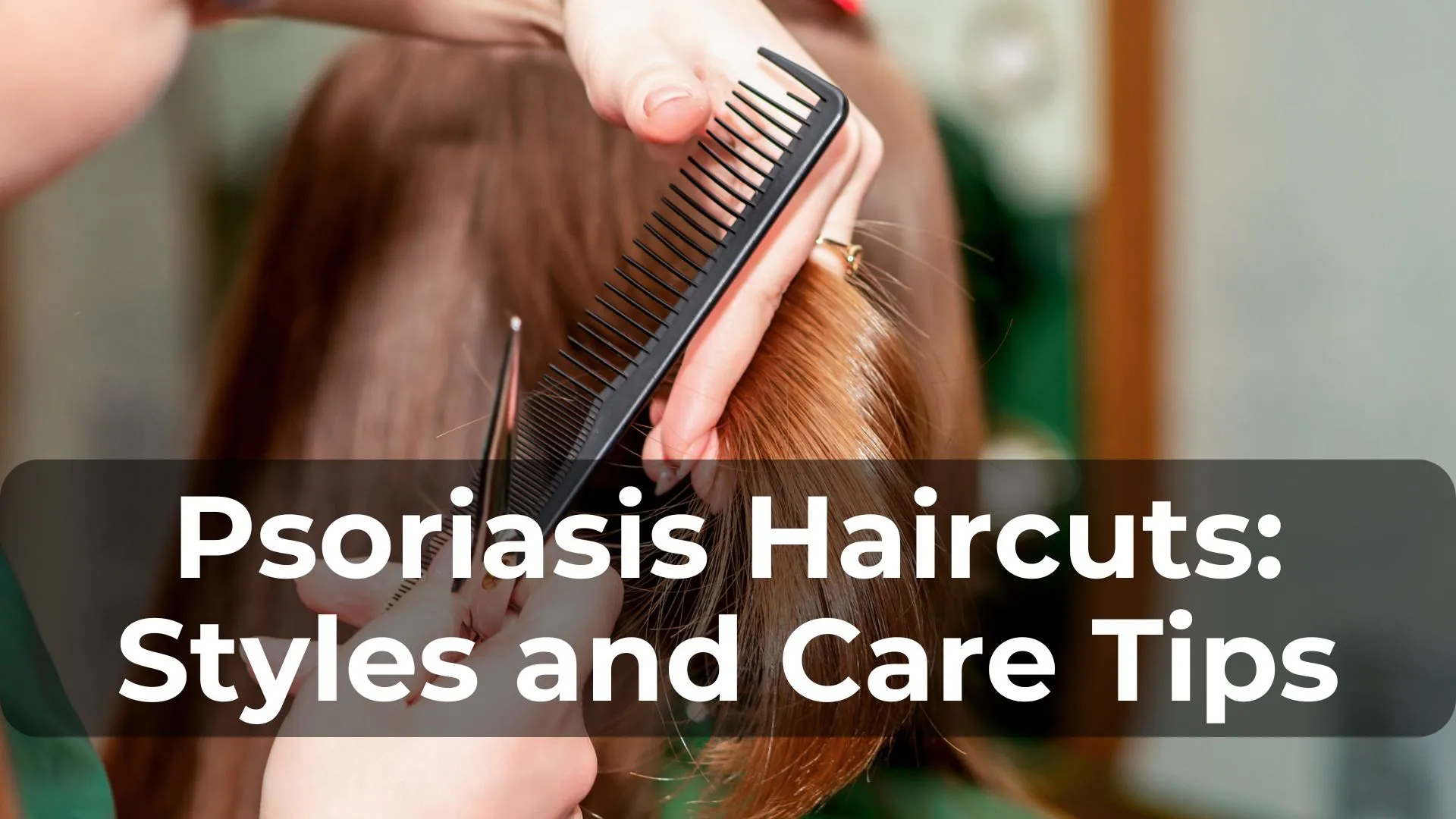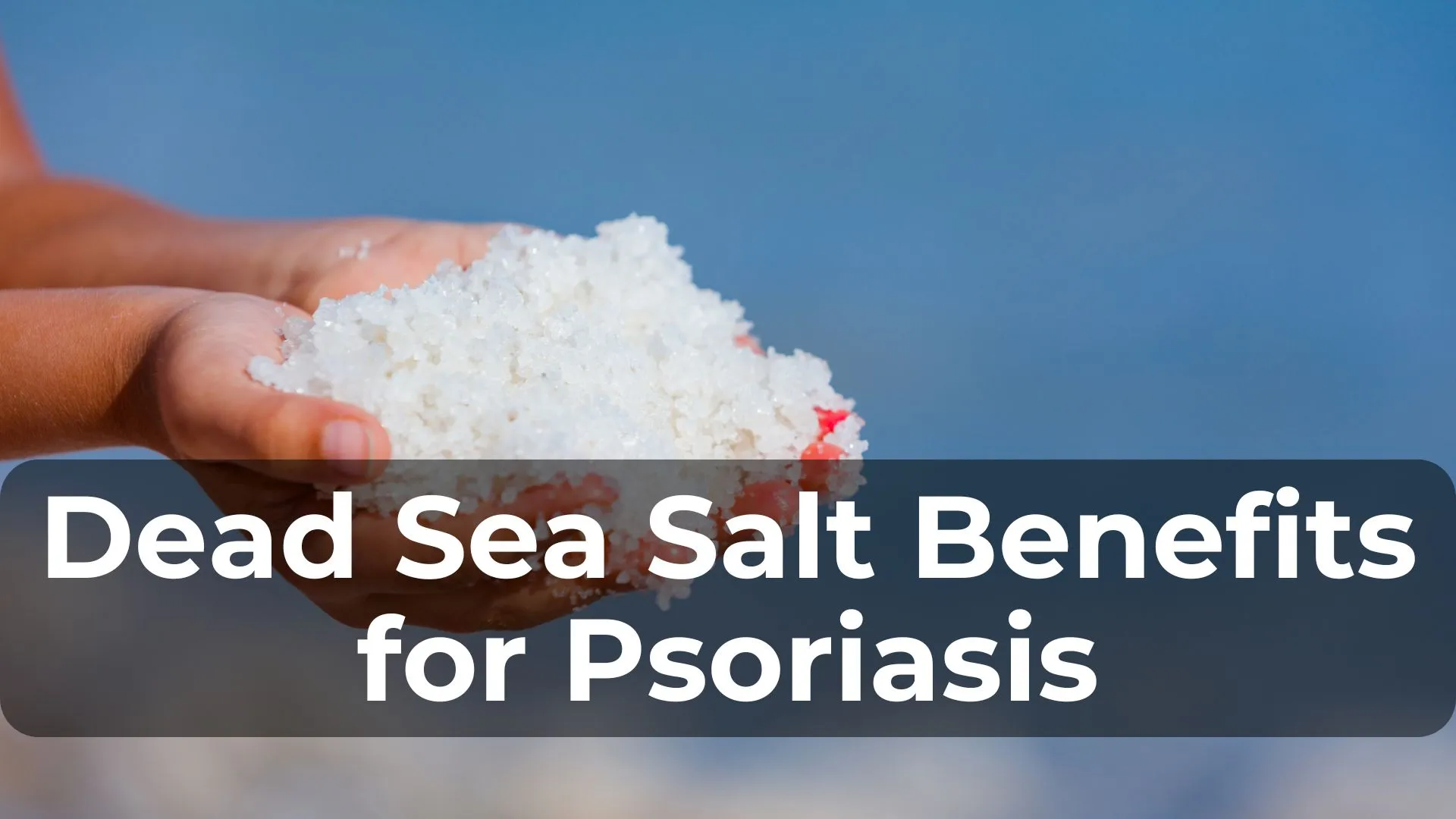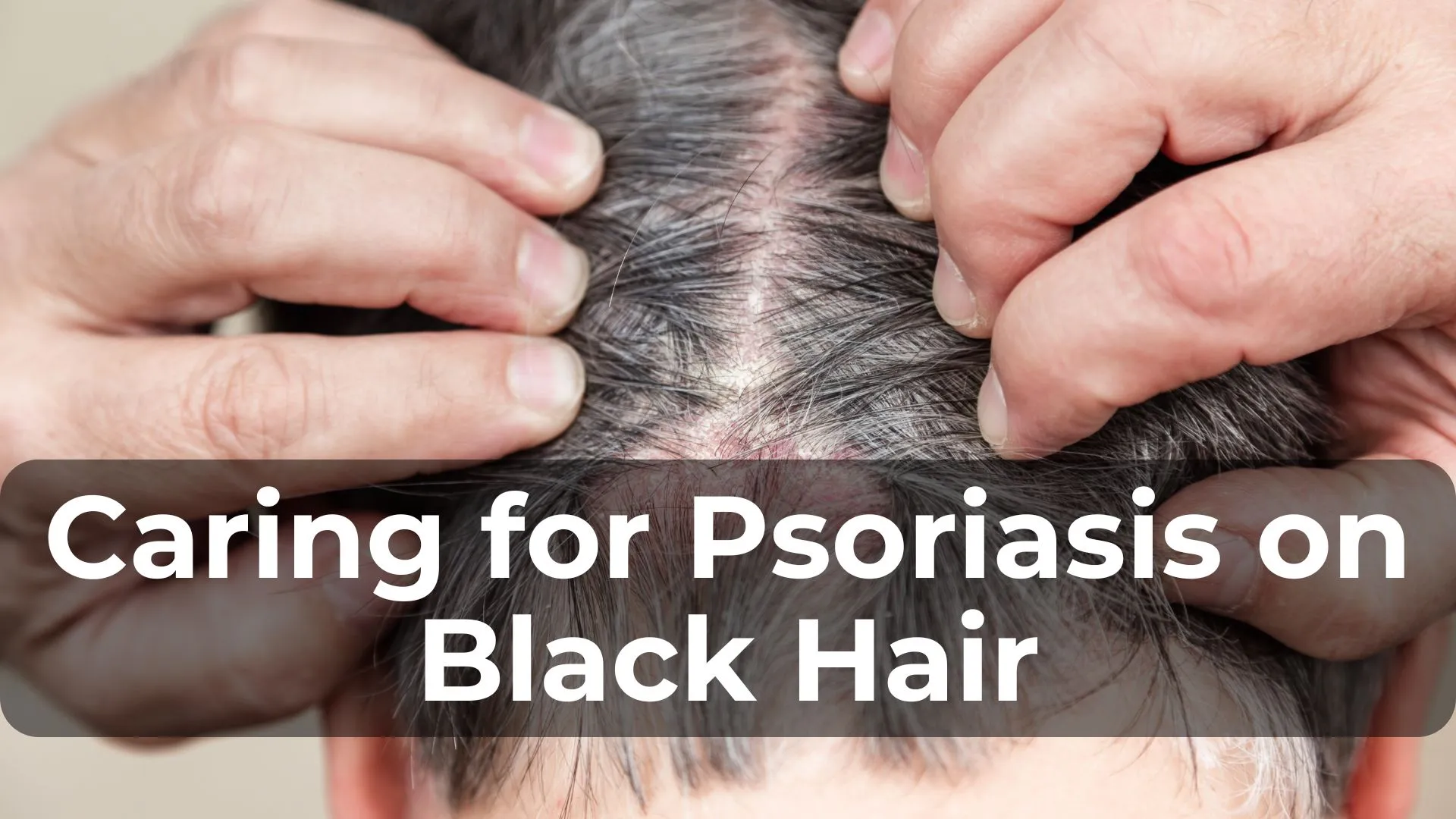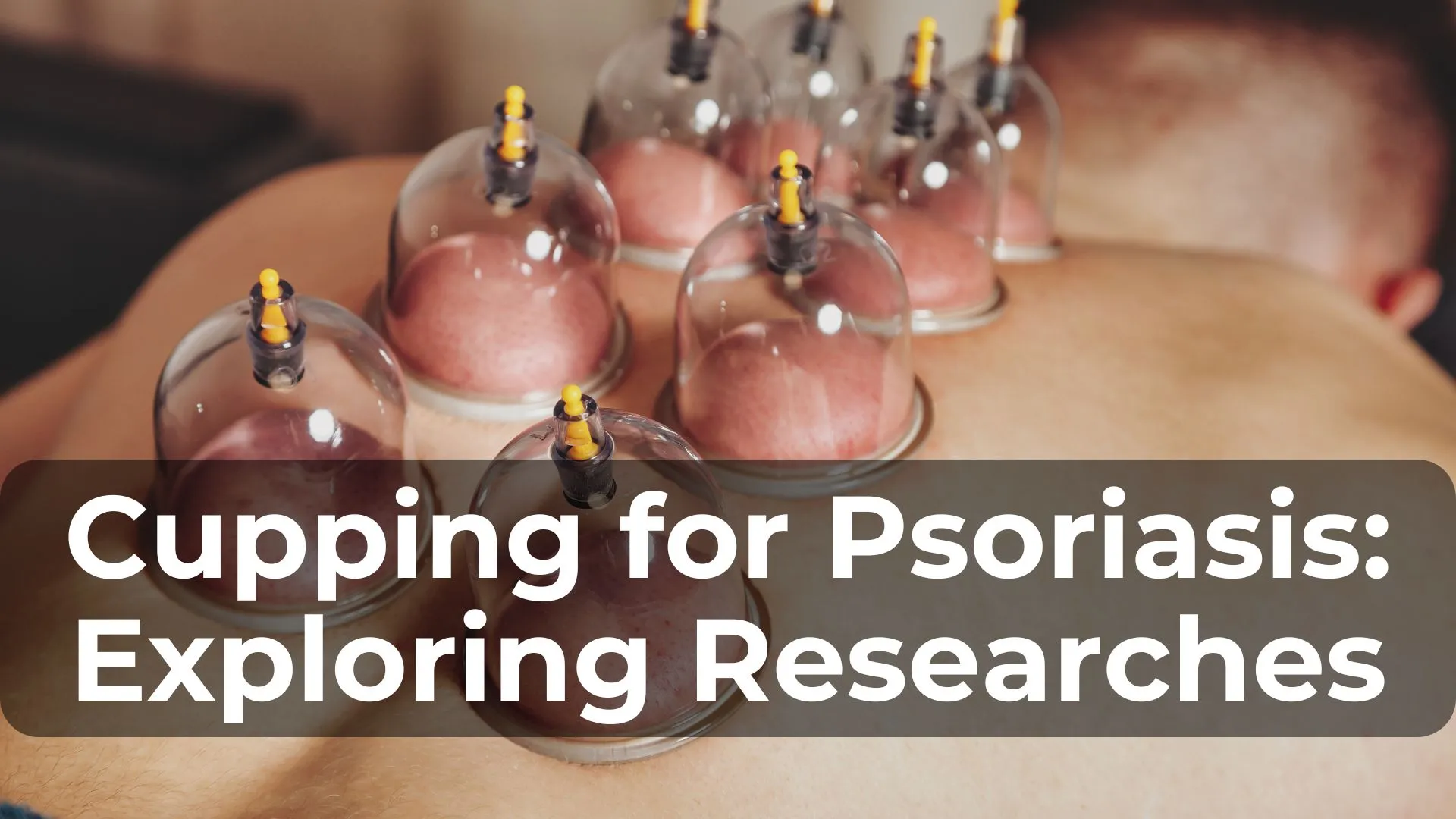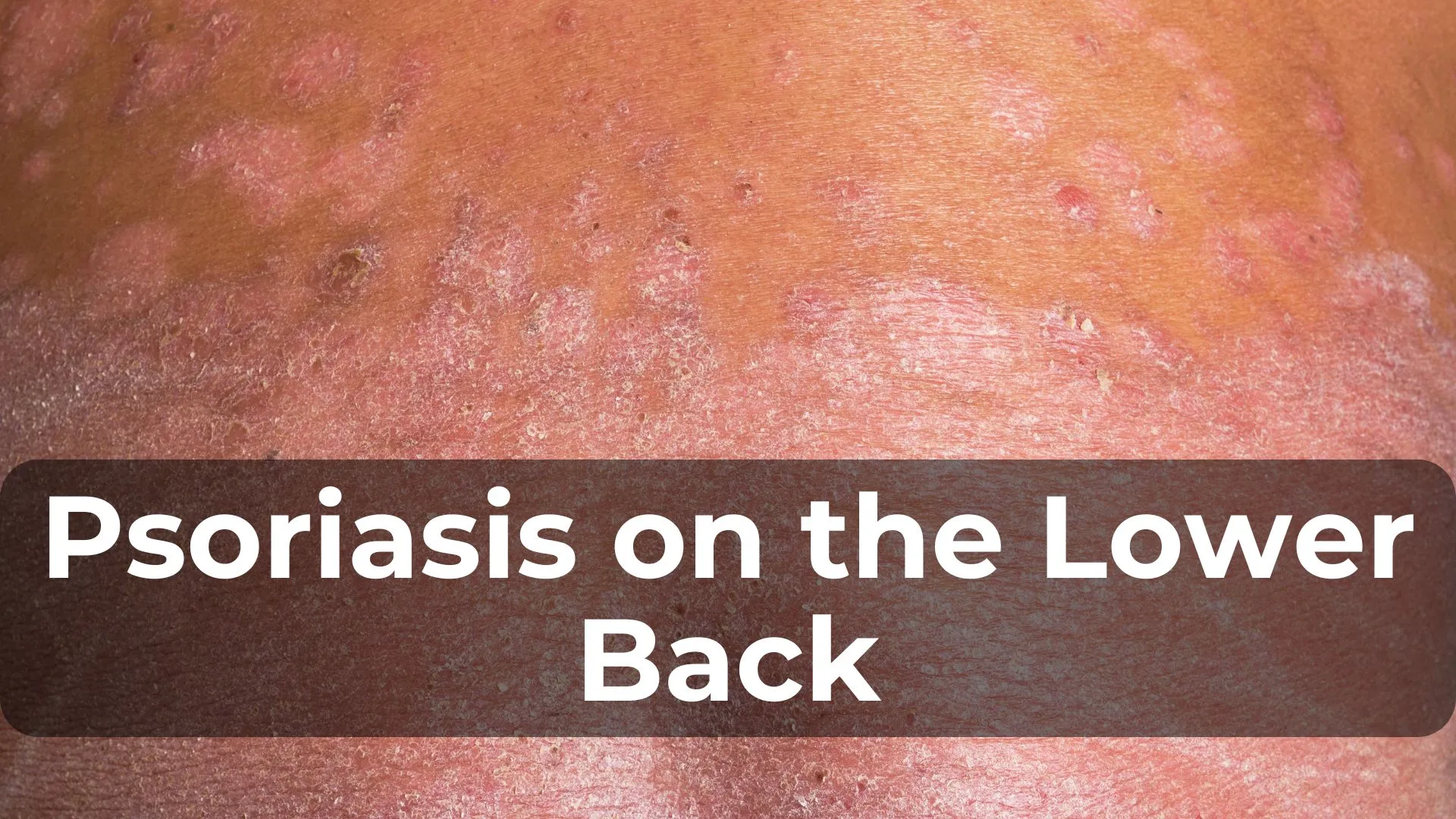
Living with psoriasis can be challenging, especially when it affects hard-to-reach areas like your lower back. If you’re dealing with this pesky condition, you’re not alone. Let’s dive into how we can tackle this issue head-on and get you feeling more comfortable in your own skin.
First things first, let’s chat about the various medicines available for psoriasis. Now, I know what you’re thinking – “Just give me something to make it go away!” Trust me, I get it. There are plenty of options out there, from topical creams and ointments to oral medications and even cutting-edge biologics. These treatments can definitely help reduce inflammation, calm those angry red patches, and keep the scaling in check.
But here’s the kicker – while these meds can be super helpful in managing symptoms, they’re not exactly getting to the root of the problem. It’s kind of like putting a band-aid on a leaky pipe. Sure, it might stop for a bit, but eventually, you’re going to need to fix the actual pipe.
So, what’s the deal? Well, when it comes to psoriasis, we need to think bigger. We’re talking about a holistic approach that tackles the issue from all angles. It’s not just about slapping on some cream and calling it a day. We need to look at the whole picture – your body, your mind, and even your spirit.
Now, I know what you’re thinking – “Whoa, hold up. Spirit? What’sdo with my skin?” Stick with me here, because it’s all connected. Let’s break it down into different aspects and see how we can bring your body back into balance.
Table of Contents
TogglePhysical Aspect
First up, let’s talk about the physical side of things. Your is an amazing machine, and sometimes it just needs a little TLC to get back on track.
Regular Exercise
You might be thinking, “Exercise? When my skin is already irritated?” I hear you, but trust me on this one. Getting your body moving can work wonders for psoriasis. It’s not about running marathons or becoming a gym rat. Even a brisk walk or some gentle yoga can make difference.
Exercise helps reduce inflammation throughout your body, boosts your mood (hello, endorphins!), and can even help you sleep better. Plus, it’s a stress, which we all know can trigger psoriasis flare-ups. So, lace up those sneakers and give it a try!
Sunlight Therapy
Now, this one might sound a bit counterintuitive. After all, aren’t we always told to protect our skin from the sun? While that’s generally true, a little bit of controlled sun exposure can actually be beneficial for psoriasis.
UV light can slow down the rapid cell growth that causes those scaly patches. Just remember, we’re talking about small doses here – think 10-15 minutes a day, not hours of baking on the beach. And always, always use sunscreen on areas not affected by psoriasis.
Chemical Aspect
Alright, let’s dive into the chemical side of things. This is all about what you’re putting into your body and how it affects your psoriasis.
Dietary Changes
You’ve probably heard the saying “you are what you eat,” right? Well, when it comes to psoriasis, there’s definitely some truth to that. Certain foods can trigger in your body, which can your psoriasis worse.
So, what’s on the menu? Think anti-inflammatory foods like fruits, vegetables, whole grains, and fatty fish. And maybe ease up on the processed foods, red meat, and dairy. It’s not about depriving yourself, but rather about a balance that works for your body and your taste buds.
Detoxification
Now, let’s talk detox. And no, I don’t mean those crazy juice cleanses that leave you hangry and irritable. I’m talking about supporting your body’s natural detoxification processes.
This could mean drinking plenty of water, eating fiber-rich foods to keep things moving (if you know what I mean), and maybe even trying out some herbal teas. The goal here is to help body get rid of toxins that might be contributing to your psoriasis.
Supplements
Supplements can be a great way to give your body a little extra support. Things like omega-3 fatty acids, vitamin D, and probiotics have shown helping manage psoriasis symptoms.
But here’s the thing – supplements aren’t one-size-fits-all. What works for your best friend might not work for you. It’s always a good idea to chat with a professional before starting any new supplement regimen.
Emotional/Spiritual Aspect
Now, let’s get a little deep for a moment. Your emotionalbeing plays a huge role in your overall health, including your skin health.
Stress is a known trigger for psoriasis flare-ups. So, finding ways to manage stress is crucial. This could mean meditation, deep breathing exercises, or even just taking time each day to do something you
But it’s not just about reducing stress. It’s about with yourself on a deeper level. This might mean exploring mindfulness practices, journaling, or even seeking out therapy if you’re dealing with emotional issues that might be affecting your skin.
Remember, your skin is your body’s largest organ, and it often reflects what’s going on inside. By taking care of your emotional and spiritual health, you’re not your psoriasis – you’re improving your overall quality of life.
Natural Remedies
Last but not least, let’s talk about some natural remedies that might help soothe your psoriasis-prone skin.
Aloe vera is a classic for a reason – it’s got anti-inflammatory properties that can help calm irritated skin. Coconut oil is another great option, known for its moisturizing and potential antimicrobial effects.
Essential oils like tea tree oil or lavender oil (always diluted, of course) might also provide some relief. And don’t underestimate the power of a good old-fashioned oatmeal bath for soothing itchy, inflamed skin.
Remember, though, that “natural” doesn’t always mean “safe for everyone.” Always do a patch test before trying new remedies, and if you have any doubts, check with a healthcare professional.
In conclusion, managing psoriasis on your lower back ( anywhere else, for that matter) isn’t just about treating the symptoms. It’s about looking at the bigger picture and addressing the root causes. By taking a holistic approach – considering your physical health, what you put into your body, your emotional well-being, and natural remedies – you’re giving yourself the best chance at finding relief and achieving healthier skin.
It might take some time and patience, but remember – you’ve got this. Your body has an to heal itself when. So, why not start today? Your future self (and your skin) will thank you!


